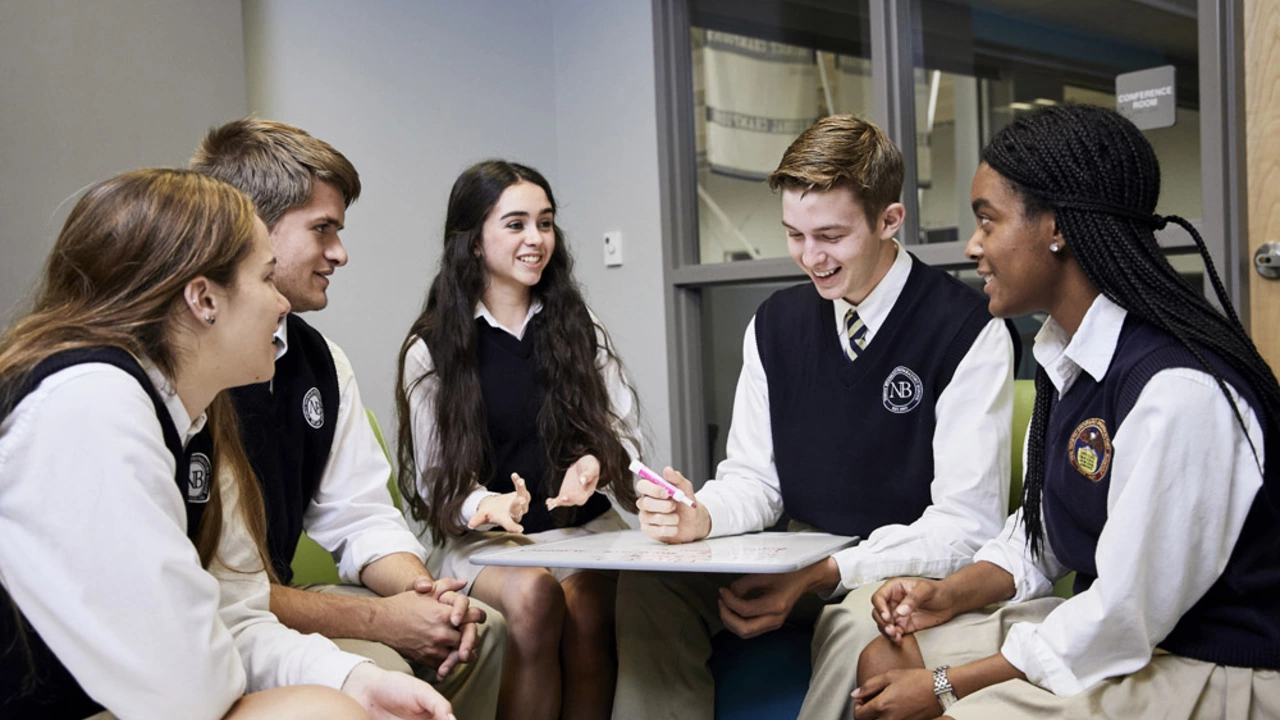
Understanding the Differences: Public Vs. Private Schools
When it comes to our children's education, we all want the best. One of the biggest decisions parents face is the choice between public and private schooling. Many believe that private schools provide a superior education, but is this really the case? In this section, we'll dive into the key differences between public and private schools, from their funding sources to the curriculum they offer.
Quality of Education: Is It Really Better in Private Schools?
The assumption that private schools offer a better quality of education is a common one. It's true that private schools often have smaller class sizes, more resources, and a more flexible curriculum. But does this necessarily translate to a better education? Let's examine this by looking at academic performance, college acceptance rates, and other metrics that can give us an idea of the quality of education provided.
Comparing the Cost: Public Schools Vs. Private Schools
One of the most significant differences between public and private schools is the cost. Public schools are funded by taxpayer money and are therefore free to attend. On the other hand, private schools charge tuition, which can range from a few thousand dollars per year to over $40,000 for top-tier preparatory schools. In this section, we'll discuss whether the benefits of private schooling justify the cost.
The Impact of Class Size: Does It Matter?
Class size is often brought up in discussions about the quality of education. It's generally accepted that smaller class sizes allow for more personalized attention from teachers. On average, private schools tend to have smaller class sizes than public schools. But how much of an impact does this actually have on students' education? Let's delve into that in this section.
Social Environment: Public Vs. Private Schools
Another crucial aspect to consider when comparing public and private schools is the social environment. Some argue that private schools offer a more sheltered environment, which can limit students' exposure to diverse perspectives. On the contrary, public schools are often praised for their diversity, giving students a more realistic view of the world. In this section, we'll explore the social implications of both types of schools.
Final Thoughts: Making the Best Choice for Your Child
Deciding where to send your child to school is a critical decision that can significantly impact their future. It's important to remember that the "best" school isn't necessarily the one with the highest tuition or the smallest class sizes. Instead, it's the one that best meets your child's unique needs and goals. In this final section, I'll share some tips on how to make the best decision for your child.
It's important to remember that every child is unique, and what works for one may not work for another. When choosing between a public or private school, consider your child's individual needs, your family's financial situation, and the specific characteristics of the schools in your area. A school's reputation or cost shouldn't be the only factors in your decision. Instead, consider the overall quality of education, the social environment, and the opportunities for extracurricular involvement.
I hope this article has provided you with some valuable insights into the public vs. private school debate. Remember, the goal is to find a school where your child will thrive, feel supported, and be challenged acadically. Because at the end of the day, the happiness and success of your child is what truly matters.